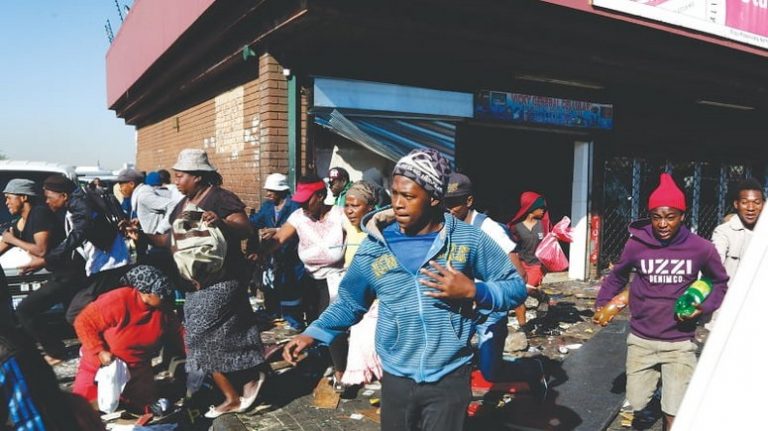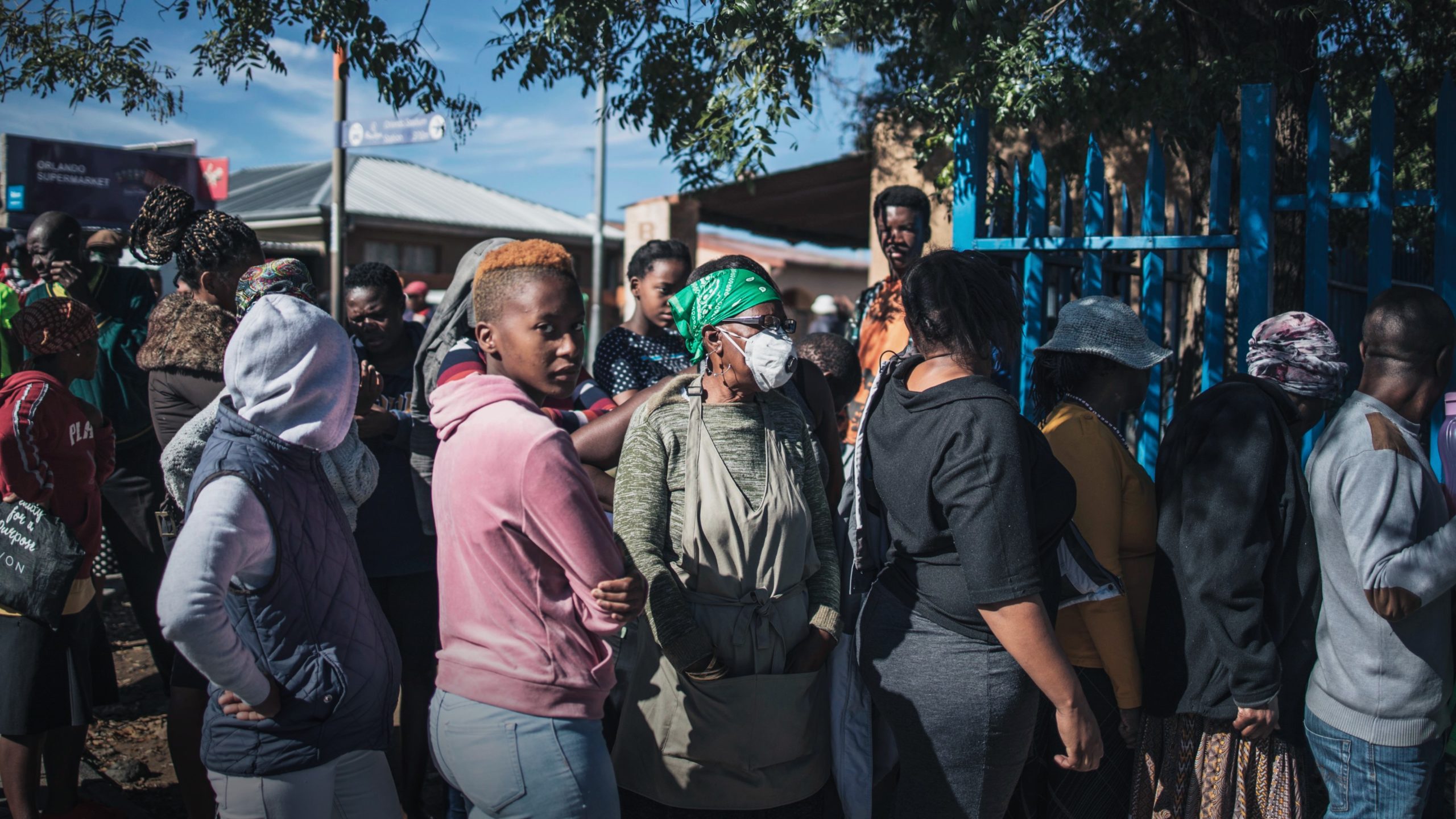

He also noted that there were 27 field hospitals being built around the country with many ready to receive coronavirus patients.Īnadolu Agency website contains only a portion of the news stories offered to subscribers in the AA News Broadcasting System (HAS), and in summarized form. “The number of infected people could have been much higher had we not acted when we did to impose drastic containment measures,” he said, adding the country is prepared for the expected increase in infections with around 20,000 hospital beds set aside for COVID-19 cases. Ramaphosa said there are currently 22,583 confirmed coronavirus cases in South Africa and 429 deaths. 28 The first local death from the disease was reported on 27 March 2020.

He further said that the government used the time during the lockdown to build up an extensive public health response and prepare its health system for the anticipated surge in infections. On 23 March, a national 21-day lockdown was announced by President Ramaphosa to begin on 27 March to 16 April. “As a result of the measures we imposed – and the sacrifices you made – we have managed to slow the rate of infection and prevent our health facilities from being overwhelmed,” he said. Ramaphosa said he was sorry that some of the measures imposed a great hardship on citizens by restricting their right to move and eke out a living but added that the rules helped slow down the number of new infections. South Africa declared a national disaster 10 weeks ago, imposing rules such as barring non-essential workers from leaving their homes in a bid to contain the spread of the country’s coronavirus outbreak.Įarlier this month, however, the country began to gradually loosen its strict lockdown regulations, allowing specific industries to reopen. He said following consultations, the Cabinet has determined that the alert level for the entire country be lowered from Level 4 to Level 3 with effect from the beginning of June. “This will result in the opening up of the economy and the removal of a number of restrictions on the movement of people while significantly expanding and intensifying our public health interventions," President Cyril Ramaphosa said in an address to the nation. It means 43 percent of adults have at least had one dose.South Africa announced Sunday that it will further ease its strict nationwide lockdown imposed several weeks ago to curb the spread of the novel coronavirus, allowing most of the economy to function starting June 1. The National Coronavirus Command Council (NCCC) and the government are expected to discuss further adjustments to South Africa’s lockdown restrictions, as the country continues to see a drop in.


The efforts appear to be working, with more than 133,000 people receiving a shot Wednesday. question: What is the impact of prolonged hard lockdown on South Africas. Dear South Africa (DearSA NPC) is a South African non-profit organisation which facilitates public participation in all government administrative processes. The South African government is championing vaccinations in order to protect more people from severe illness. Keywords: COVID-19, South Africa, tourism, recovery, hospitality industry. The attitude the government is adopting is find the best possible way of navigating whilst ensuring that… the economy moves,” said Gungubele. “The damage the restrictions caused last year, level five and so on, thousands of business that stopped and the number of jobs that have been lost. The government is making a renewed push for people to get vaccinated, but so far is avoiding new lockdown measures, in an effort to protect the economy.Ĭoronavirus cases are rising dramatically in South Africa with over 113,000 people currently infected.Įxperts say the omicron variant discovered in South Africa last month is most likely driving the latest wave.īut Minister in the Presidency Mondli Gungubele told reporters today that the government is trying to avoid stricter lockdown measures. South Africa recorded more than 20,000 new coronavirus cases Wednesday, nearly double the number from one week earlier.


 0 kommentar(er)
0 kommentar(er)
